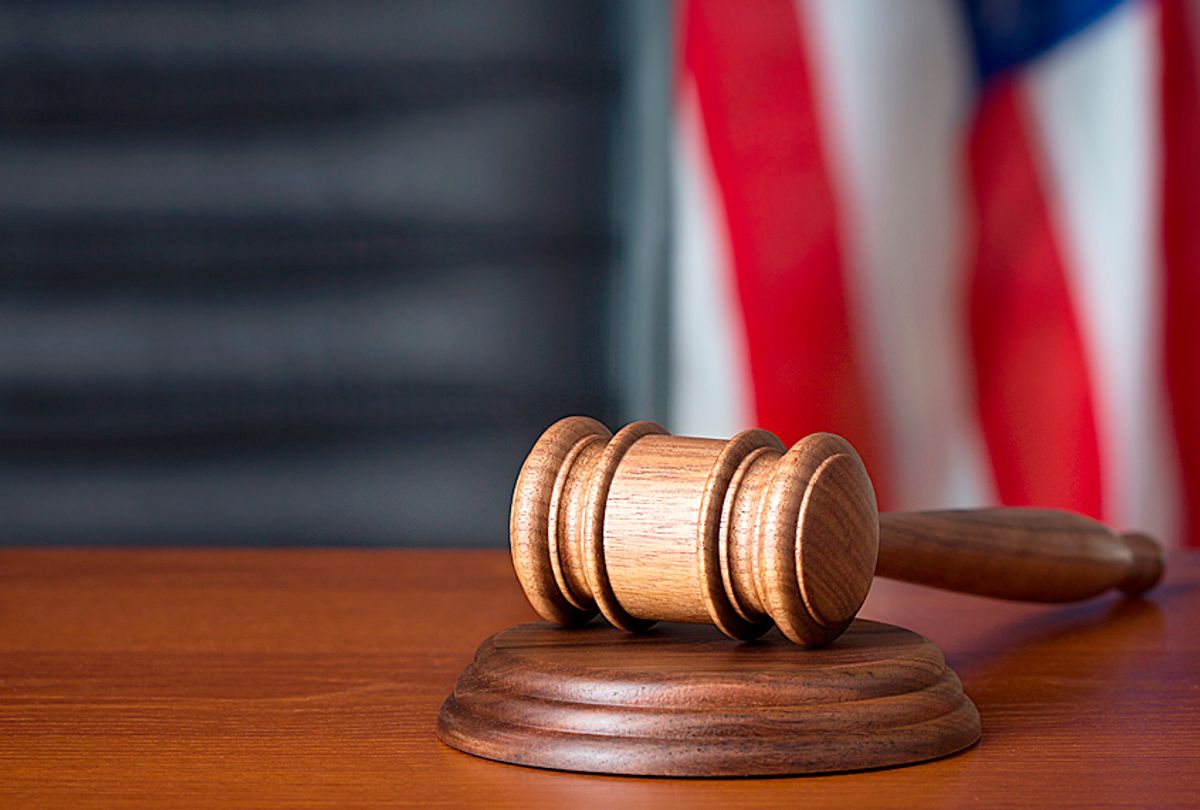A federal appeals court ruled against Donald Trump’s third iteration of the travel ban on Friday, further validating that the administration’s endless effort to pass some form of a travel ban is unconstitutional.
A three-judge panel of the United States Court of Appeals for the Ninth Circuit affirmed the decision of Judge Derrick K. Watson in Hawaii who ruled that the order was unlawful on statutory grounds, according to the New York Times.
“We conclude that the President’s issuance of the Proclamation once again exceeds the scope of his delegated authority,” the ruling said.
In what was a procedural step, according to The New York Times’ report, was an important one nonetheless. A similar, but separate, ruling is being considered in the Fourth Circuit and this provides hope for those fighting it in Maryland.
Mariko Hirose, who is one of the plaintiffs suing in the Fourth Circuit, told the New York Times this decision “affirms what the parties have been saying — that this ban is just as unlawful as the prior versions.”
Earlier this month on Dec. 4, the Supreme Court allowed the third version of the travel ban to go into effect immediately encouraging the appeals courts to make a ruling on the case.
The Supreme Court didn’t explain the reasoning behind the revival of the modified ban, but a spokesperson for the White House, Hogan Gidley, told the New York Times, “we are not surprised by today’s Supreme Court decision.”
The third version of the travel ban detailed travel restrictions that vary from country-to-country. Overall, the ban prohibits citizens from Iran, Libya, Syria, Yemen, Somalia, Chad and North Korea — and certain people from Venezuela — from emigrating to, entering, or vacationing in the United States. Some exceptions include (but are not limited to) student exchange programs for Iran who will require extra screening.
The ban, which critics and courts contend was discriminatory on the basis of how it targets Muslims, has been a big issue for the Trump administration since it was first proposed during the 2016 presidential campaign. Pending a Supreme Court ruling on its constitutionality, it took partial effect in June; after expiring on September 24, it was briefly revived in September before being nixed in federal court.
The latest development, unfortunately, doesn’t have any immediate consequences, according to The Washington Post, as the judges are waiting for the Supreme Court to weigh in.



Shares